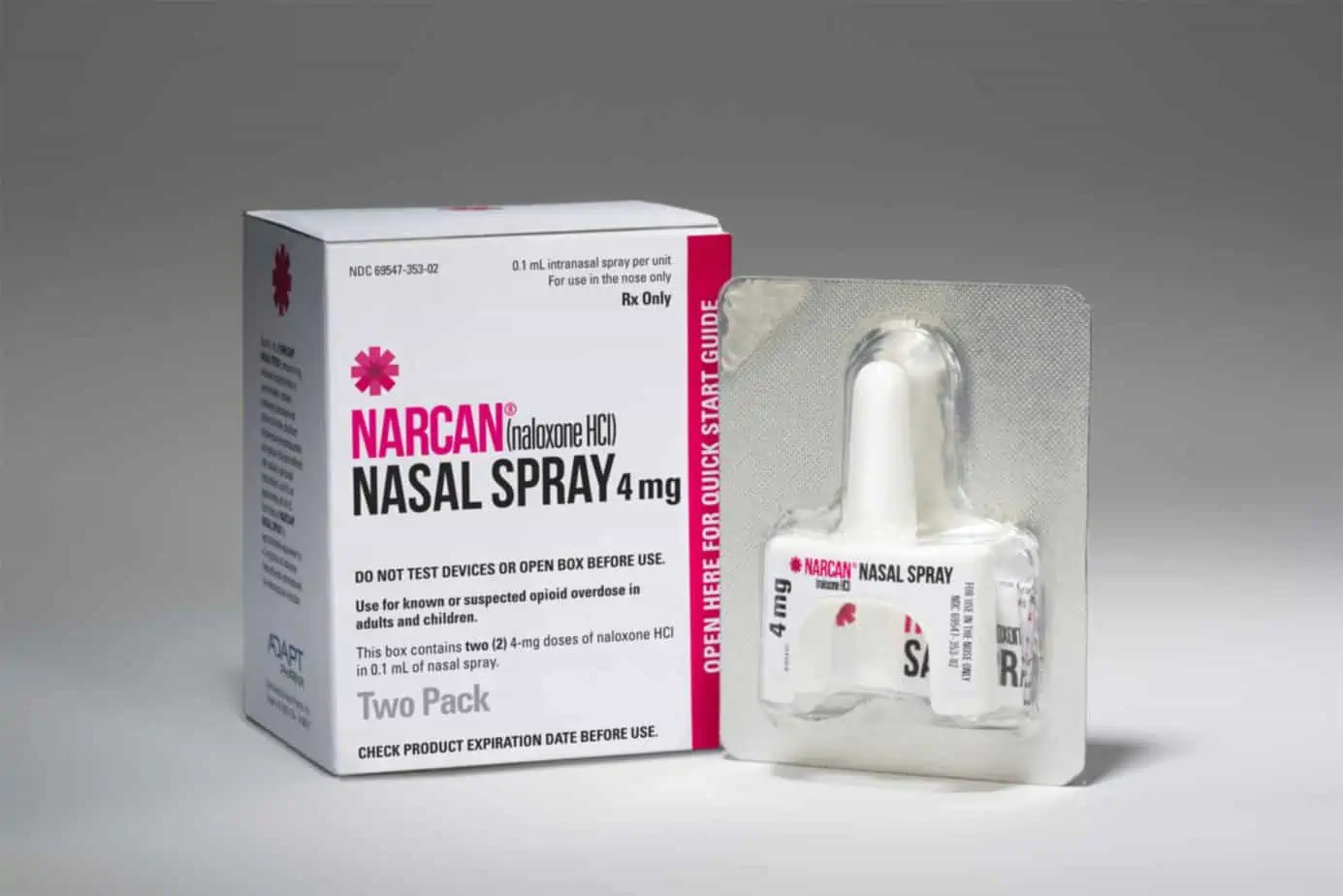Gambling and gaming addiction are growing concerns among high school and college students, with high rates of engagement in sports betting and problematic gaming behaviors. These addictions, while distinct, share risk factors like family history and mental health conditions, and can severely impact academic performance and mental well-being. Effective intervention involves understanding the signs, utilizing treatments like CBT, and implementing prevention strategies in schools and homes to foster healthier recreational habits.
Entertainment has always been an integral part of people’s lives. However, some forms of entertainment can lead to addiction, especially for adolescents and young people. High school and college students, often dealing with the pressures of academic life and social dynamics, are particularly vulnerable to the pitfalls of gambling and gaming addiction. According to research, over 60 percent of college students engage in sports betting, and a significant percentage report problematic gambling behaviors. Below, learn more about the prevalence of gambling and gaming addiction among students, the underlying causes, what the risk factors are, and actionable strategies for prevention and intervention.
Current Prevalence and Emerging Statistics
In recent years, student gambling and teen gaming addiction have expanded, largely due to the accessibility of online platforms and changing cultural attitudes. The prevalence and availability of gambling disorder among college students is estimated at 10 percent, significantly higher than in the general population.
When it comes to gaming addiction, the statistics are equally concerning. Research suggests that high school students globally are at risk of problematic gaming, with some regions reporting rates as high as 62 percent. A comprehensive study conducted during the COVID-19 pandemic found that 83 percent of students played video games daily. These figures highlight the urgent need for awareness and intervention.
Understanding the Distinction Between Gambling and Gaming Addiction
While gambling addiction and gaming addiction share common psychological pathways, they manifest in distinct ways. Gambling addiction is typically characterized by a compulsive urge to gamble despite negative consequences, whereas gaming addiction (recognized as “gaming disorder” by the World Health Organization) focuses on video game behaviors that impair functioning in various areas of life.
The rise of gaming features that mimic gambling, such as loot boxes, has blurred the lines between these two forms of addiction. Loot boxes function similarly to slot machines, requiring real money for randomized rewards, which can, unfortunately, train young minds for gambling behaviors. The use of loot boxes has been regularly challenged in court.
Risk Factors and Demographic Vulnerabilities
Certain risk factors may predispose a young person to gambling or gaming addiction. A family history of gambling issues is a significant predictor, with adolescents having parents with gambling problems facing elevated risks. Mental health conditions like anxiety and depression can also contribute, as students may turn to gambling or gaming as maladaptive coping mechanisms.
Socioeconomic factors also play a role. Students from lower-income backgrounds may view gambling as a potential solution to financial stress, while those with disposable income are more likely to engage in gambling activities. Gender differences also emerge, with male adolescents showing higher rates of both gambling and gaming addiction compared to females.
Signs and Symptoms: Identification
Recognizing the early warning signs of gambling and gaming addiction is essential for timely intervention. Common signs of gambling addiction in high school students include
- Increased secrecy around online activities
- Personality changes such as irritability or restlessness
- Alienation from family and friends
- Financial issues, such as borrowing money or requesting cash unexpectedly
For gaming addiction, symptoms may include
- Aggressive behavior when prevented from gaming
- Lying about gaming habits
- Decline in academic performance
Being aware of these signs can empower students, parents, and educators to take action before the situation escalates.
Academic and Mental Health Impacts
The relationship between gambling and gaming addiction and academic performance is significant. Excessive gaming can lead to diminished engagement in academic activities, resulting in lower grades and motivation. Students addicted to gaming often struggle with time management, impacting their ability to complete assignments and attend classes.
Also, research consistently shows correlations between excessive gaming and increased rates of anxiety, depression, and attention-deficit hyperactivity disorder (ADHD). These mental health challenges often create self-perpetuating cycles, as students may increase their gaming or gambling activities as a way to cope with their distress.
Treatment and Intervention Strategies
Addressing gambling and gaming addiction among students requires a multifaceted approach. Cognitive behavioral therapy (CBT) is one of the most effective treatments for both gambling and gaming disorders, helping individuals recognize and change harmful thought patterns. Group therapy and family involvement can also provide essential support and motivation for recovery.
For students wondering how to help a college student with a gaming addiction, encouraging them to seek professional help and providing a supportive environment are crucial steps. Many universities now offer specialized services for students struggling with gambling and gaming issues, including counseling and peer support programs.
Prevention and Support Resources
Effective prevention of gaming and gambling addiction in schools involves comprehensive approaches that address individual risk factors and broader environmental influences. School-based prevention programs, such as the Stacked Deck program, focus on changing gambling-related attitudes and improving decision-making skills among students.
Parental guidance is also vital. Parents should educate themselves about the risks associated with gambling and gaming and maintain open lines of communication with their children. Setting clear boundaries and monitoring online activities can help mitigate risks.
If you or someone you know has a gambling problem, Mountainside can help. Our therapy and services are individualized and comprehensive, so you receive the treatment that’s the best fit for you. Speak with an admissions specialist today to see what all of your recovery options are.
If you or a loved one is struggling with addiction, Mountainside can help.
Click here or call (888) 833-4676 to speak with one of our addiction treatment experts.

 By
By 







